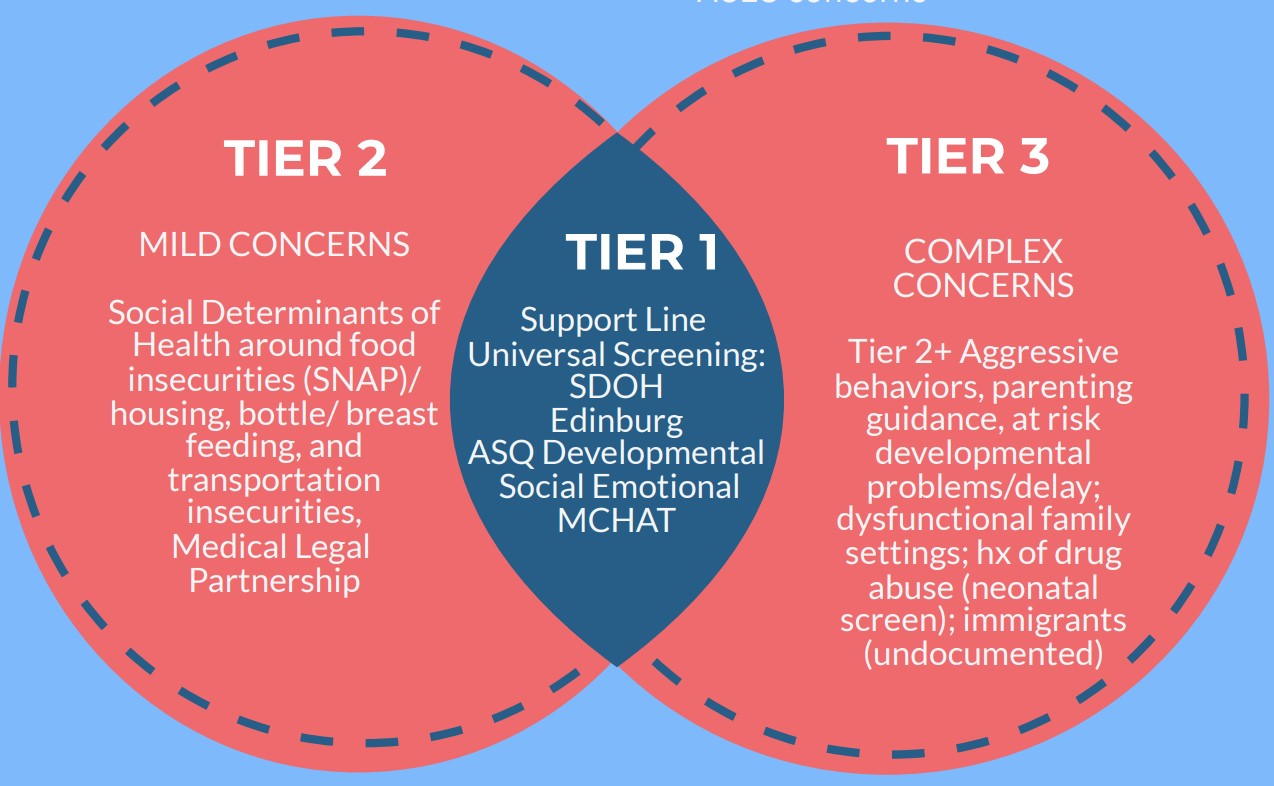General Pediatrics: Primary Care/Prevention
General Pediatrics 2
119 - Early Childhood Intervention with Healthy Steps- A Healthy Step forward
Friday, April 28, 2023
5:15 PM - 7:15 PM ET
Poster Number: 119
Publication Number: 119.115
Publication Number: 119.115
SOWMYA PATIL, UAMS, Little Rock, AR, United States; Debra D.. Becton, University of Arkansas for Medical Sciences College of Medicine, Little Rock, AR, United States; Linda Mars, Arkansas Children's Hospital, Conway, AR, United States; Erika L.. Armstrong, Arkansas Children's Care Network, Little Rock, AR, United States

SOWMYA PATIL, MD (she/her/hers)
Professor
UAMS
Little Rock, Arkansas, United States
Presenting Author(s)
Background: HealthySteps is a nationwide organization that partners with pediatric primary care providers, using an evidence-based team approach, to support families of infants and toddlers. This program has been shown to improve children's overall health, well-being, and parenting skills, leading to increased school readiness.
Objective: To demonstrate the effectiveness of the HealthySteps model in our primary care clinic at Arkansas Children's Hospital as an evidence-based approach for recognizing the social, emotional, and developmental needs of our families caring for children 0-3 years of age and providing specific interventions to address these needs. While our clinic had resources to assist families, we could not track referral connections or outcomes. HealthySteps has allowed us to collect and analyze data, track our families, and ensure appropriate and timely follow-up.
Design/Methods: Our primary care clinic was one of the seven sites in Arkansas that received the HealthySteps grant to hire a specialist and implement this program.
The HealthySteps Specialist recruits patients the provider identifies via patient interviews and several questionnaires that address their social, emotional, and developmental domains. They are then categorized into Tiers 1, 2, and 3 patients for follow-up.
See Image for details of the Tiers.
Results: Within four months of implementing the HealthySteps program, we enrolled 140 (Tier 2 and Tier 3) patients. Of those enrollees, 83% of children identified as needing Tier 2 services received a consultation with the HealthySteps specialist within three months of identifying the need. Of the Tier 3 patients with developmental or social concerns, 74% had a referral outcome documented within 45 days of referral placement. Maternal Depression referrals for mothers of children receiving Tier 3 services for which the mother was assessed and received services within 45 days was 100%.
Conclusion(s): With the implementation of the HealthySteps program, we have demonstrated positive outcomes for our patients and their families in critical areas of need, such as food and housing insecurity, parenting guidance, and referral for developmental delays. The program has also improved physician satisfaction. Our state has a high poverty rate with stark racial and health disparities. This model has proved invaluable for supporting the most vulnerable and high-risk populations and providing them with comprehensive care in their trusted and safe environment.

